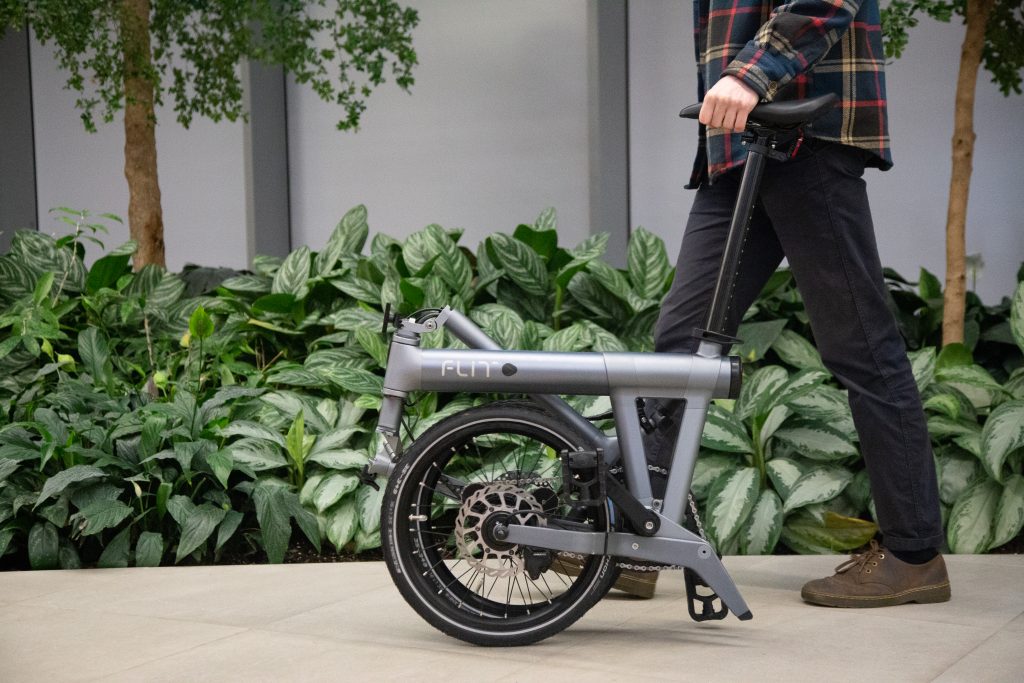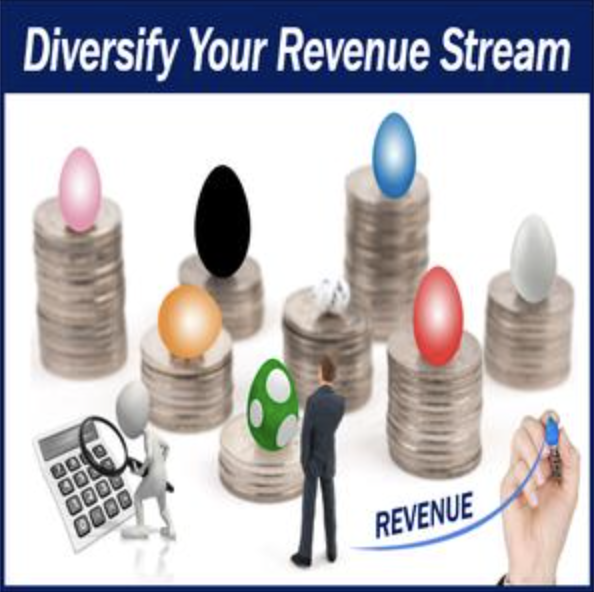AI technology is reshaping the music industry at an unprecedented speed. From melody generation to arranger production, AI is gradually becoming a right-hand man for musicians. However, this innovation also brings a brand-new challenge: the copyright ownership and infringement risk of AI music. The traditional copyright legal system mainly focuses on human creators, and its applicability is facing a test in the face of the content generated by AI. This not only confuses AI music creators, but also makes investors and distribution platforms have doubts. In order to cope with this emerging risk, a forward-looking financial tool came into being-AI music creation copyright insurance. It marks the positive response of the insurance industry to the new ecology of creative economy and aims to fill the gap between technological progress and legal protection.
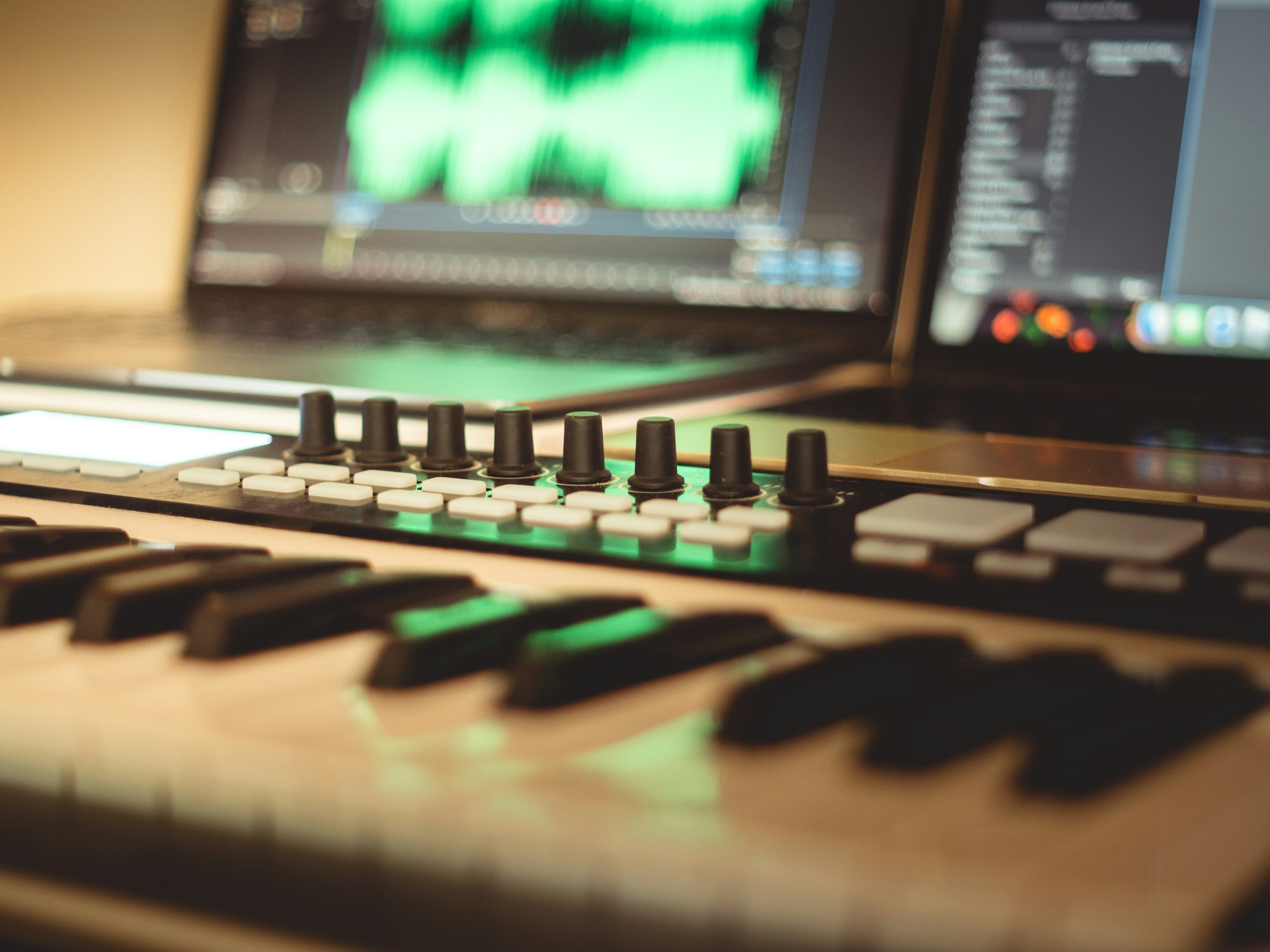
The core of this insurance is to provide comprehensive copyright risk protection for music works assisted or generated by AI. It not only covers accidental infringement disputes caused by algorithm similarity, but also provides compensation for possible copyright defects in training data sets. Imagine that a musician used AI to generate a unique melody, but was accused of being highly similar to another work after it was released. In the traditional mode, the process of proof and legal proceedings is long and expensive, which may exhaust the efforts and resources of the creators. With copyright insurance, the insurance company will intervene in the investigation and be responsible for the relevant legal fees and compensation, so that the creators can concentrate on artistic creation instead of legal quagmire.
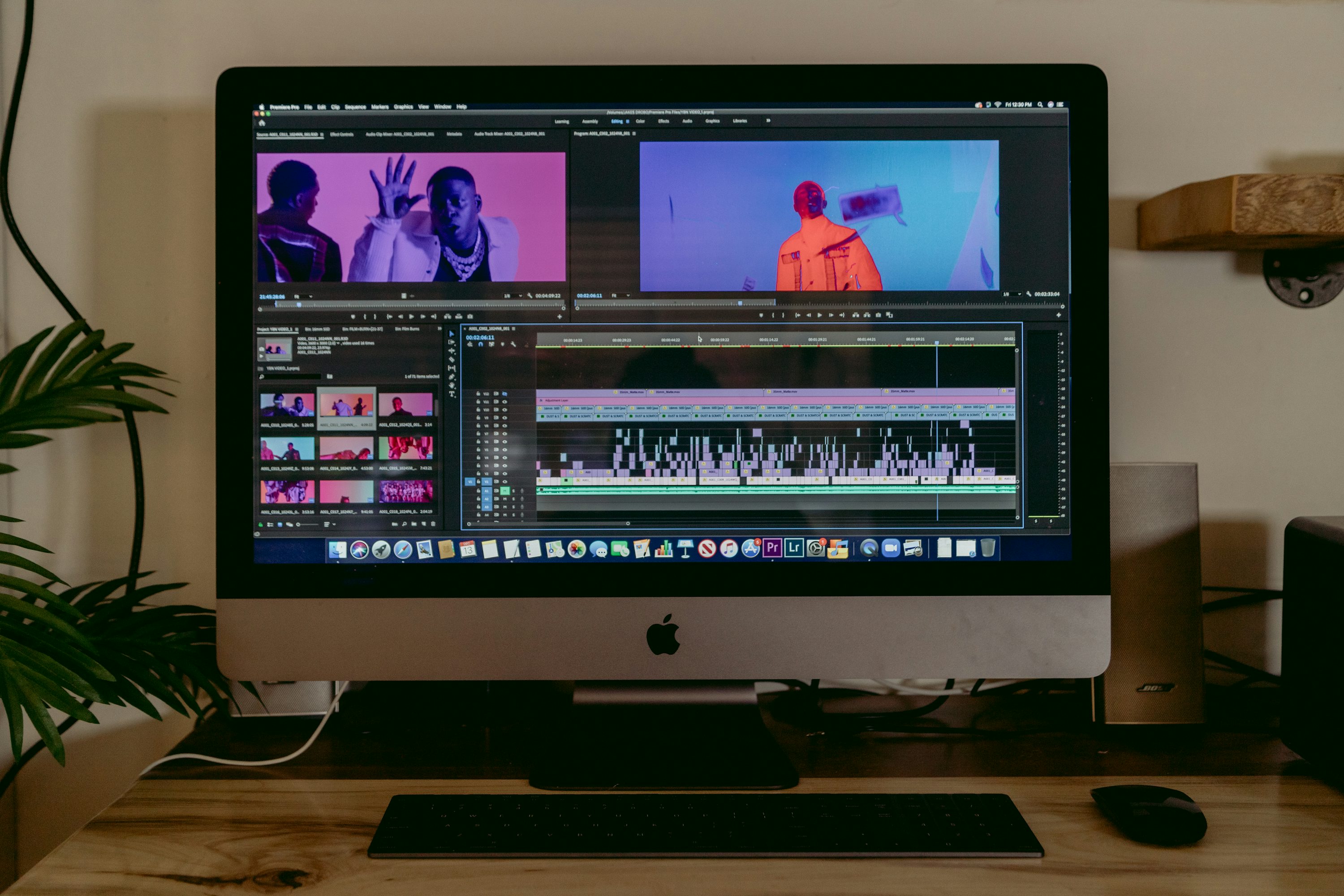
The coverage of insurance usually covers multiple dimensions. The first is tort compensation. If the work generated by AI is found by the court to infringe the copyright of a third party, the insurance will pay legal compensation. Followed by legal aid. Insurance companies will provide professional legal team support to help creators claim their rights or deal with lawsuits, greatly reducing the burden of legal costs. In addition, some premium policies even cover reputation damages to help creators repair the negative impact caused by copyright disputes. This comprehensive guarantee system provides a solid backing for the commercialization of AI music, making it more credible in the process of marketing and licensing.
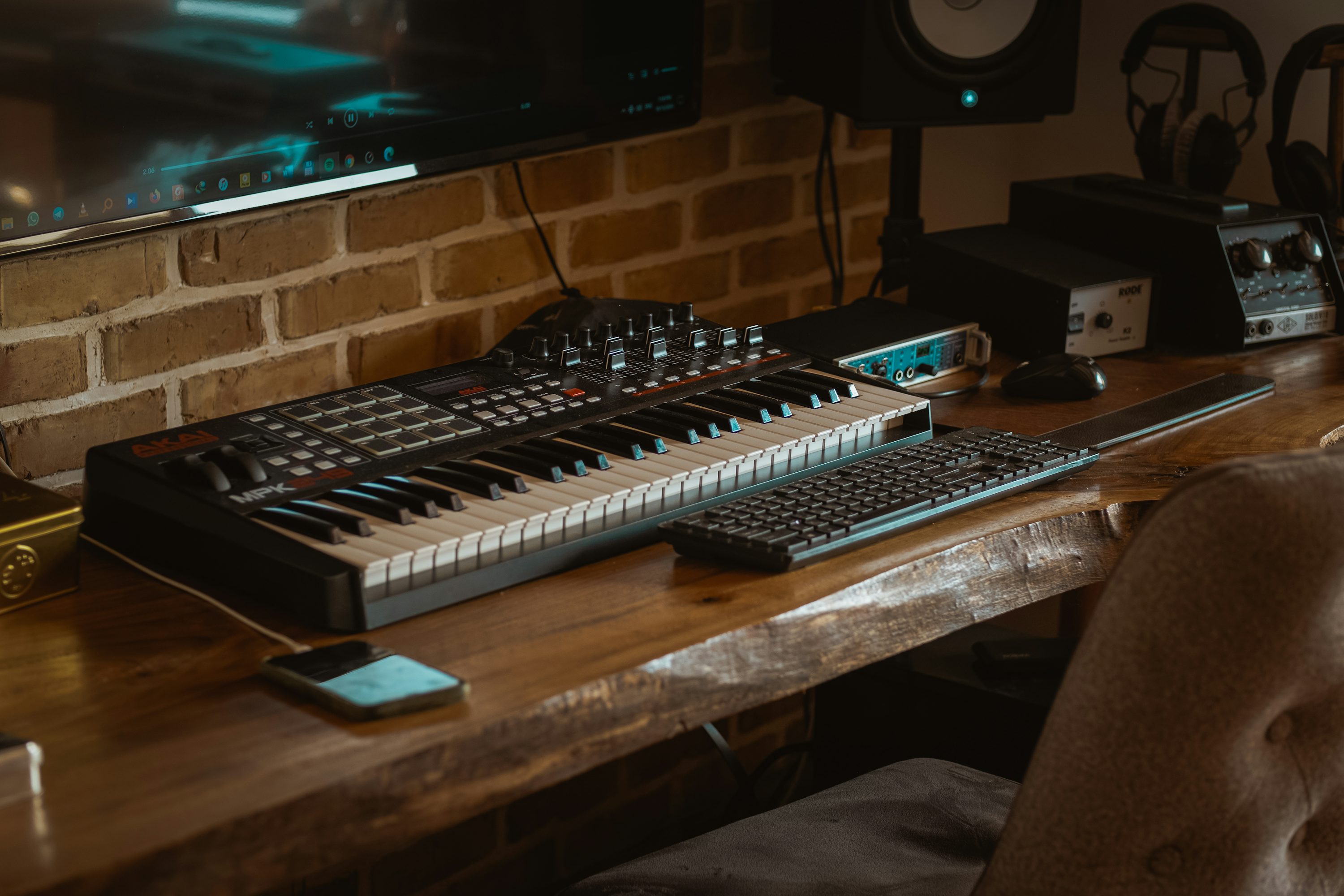
For the participants in the music industry, the emergence of copyright insurance for AI music creation has far-reaching significance. For independent musicians and small studios, it lowers the threshold for trying AI creation and eliminates worries. For large record companies and streaming media platforms, this is an effective risk management tool, which can protect the AI music assets invested by them and ensure the legitimacy and stability of the content library. In the future, with the more and more common application of AI technology in the music field, this kind of insurance will no longer be optional, but essential, and it will become a bridge connecting innovative technology with traditional legal framework, and escort the healthy development of the whole industry. This insurance is not only the innovation of financial products, but also an important layout of the new ecology of creative industries in the AI era. It announces the arrival of a safer and more predictable AI music creation era.

